 President Biden launches $50M initiative to improve cancer outcomes in low-income areas
President Biden launches $50M initiative to improve cancer outcomes in low-income areas
The Biden-Harris administration on Monday awarded $50 million to launch the Persistent Poverty Initiative which aims to alleviate the effects of persistent poverty on cancer outcomes in low-income areas. Read More
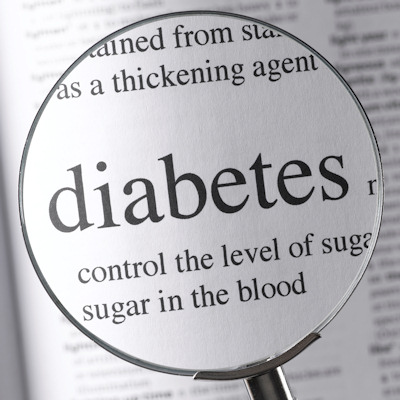 Stem cell-derived islet cell therapy shows promise for individuals with type 1 diabetes
Stem cell-derived islet cell therapy shows promise for individuals with type 1 diabetes
An ongoing clinical trial for patients with type 1 diabetes (T1D) demonstrated the potential of stem cell-derived islet cell therapy, called VX-880, as a future treatment option for patients with type 1 diabetes (T1D), the American Diabetes Association (ADA) said on Friday. Read More
 Rare disease discovered after scientists probe cause of inflammatory symptoms
Rare disease discovered after scientists probe cause of inflammatory symptoms
Researchers have discovered a rare disease by running genetic, immunologic, and molecular assays in four patients. Read More
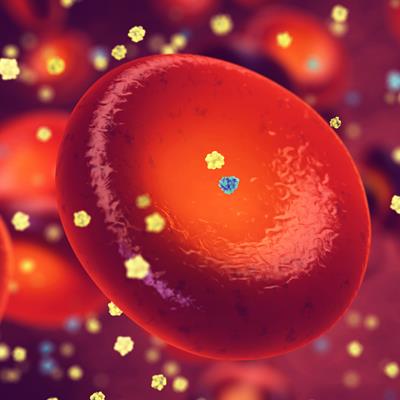 FDA approves new class of medicines to treat pediatric type 2 diabetes
FDA approves new class of medicines to treat pediatric type 2 diabetes
The U.S. Food and Drug Administration (FDA) this week granted approvals of Jardiance (empagliflozin) and Synjardy (empagliflozin and metformin hydrochloride) as additions to diet and exercise to improve blood sugar control in children 10 years and older with type 2 diabetes. Read More
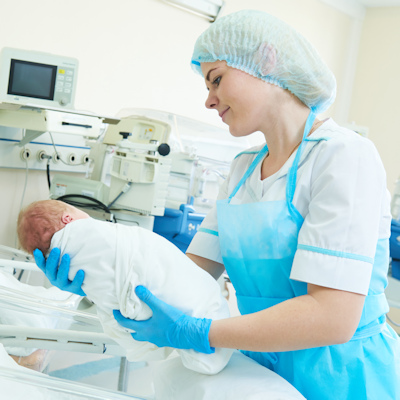 Screening newborns for severe combined immunodeficiency saves lives
Screening newborns for severe combined immunodeficiency saves lives
Widespread screening and early treatment of newborn babies with severe combined immunodeficiency (SCID) boosted their five-year survival rate from 73% to 87% in a study. Read More
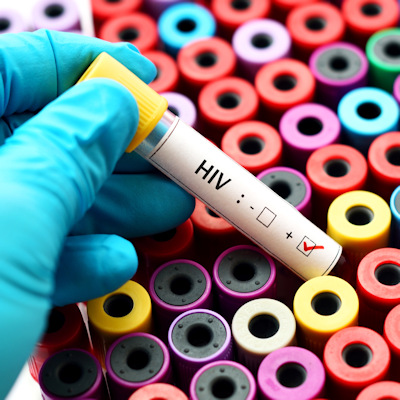 Discovery of role protein plays in HIV replication points to ‘shock and kill’ treatment strategy
Discovery of role protein plays in HIV replication points to ‘shock and kill’ treatment strategy
The identification of a protein that helps HIV to evade the immune system has led scientists to propose a two-step “shock and kill” approach to eliminating the virus. Read More
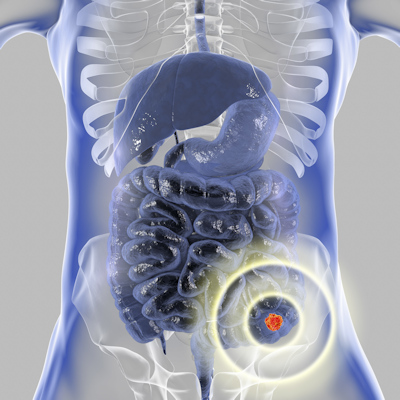 New medication offers hope for metastatic colorectal cancer patients
New medication offers hope for metastatic colorectal cancer patients
An international clinical trial showed that selective targeted colorectal cancer therapy with the oral medication fruquintinib resulted in statistically significant improvements in both overall and progression-free survival rates. Read More
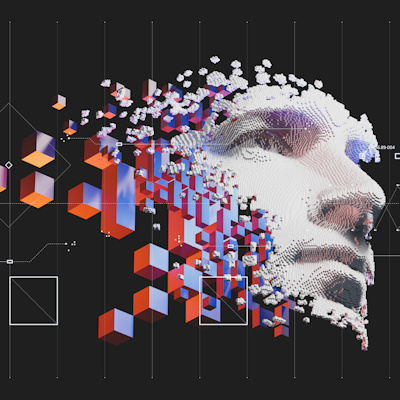 Generative AI correctly diagnoses 39% of complex, challenging medical cases
Generative AI correctly diagnoses 39% of complex, challenging medical cases
The generative artificial intelligence (AI) model GPT-4 correctly diagnosed 39% of challenging medical cases in a study published in JAMA. Read More
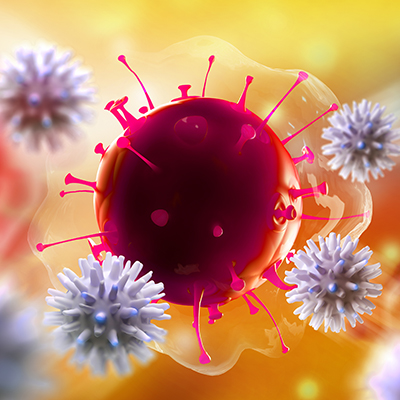 Uncovering the cellular processes that trigger chronic inflammation
Uncovering the cellular processes that trigger chronic inflammation
Cedars-Sinai Medical Center investigators have identified several steps in the cellular process responsible for triggering one of the body’s important inflammatory responses. Read More
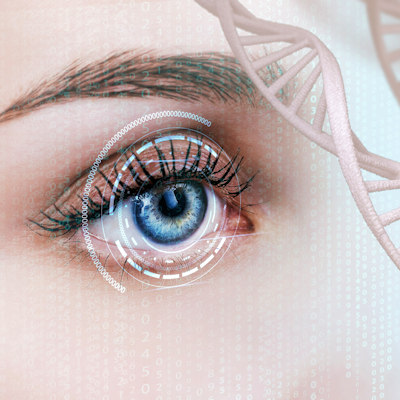 Alzheimer’s and encephalopathy linked to eye biomarkers
Alzheimer’s and encephalopathy linked to eye biomarkers
A Boston Medical Center study discovered significant connections between biomarkers present in the vitreous humor of the eye and confirmed cases of Alzheimer's disease and chronic traumatic encephalopathy. Read More
Conferences
Science Briefs
Member Rewards
Earn points for contributing to market research. Redeem your points for merchandise, travel, or even to help your favorite charity.
Research Topics
Interact with an engaged, global community of your peers who come together to discuss their work and opportunities.
Connect
Tweets by @ScienceBoard






